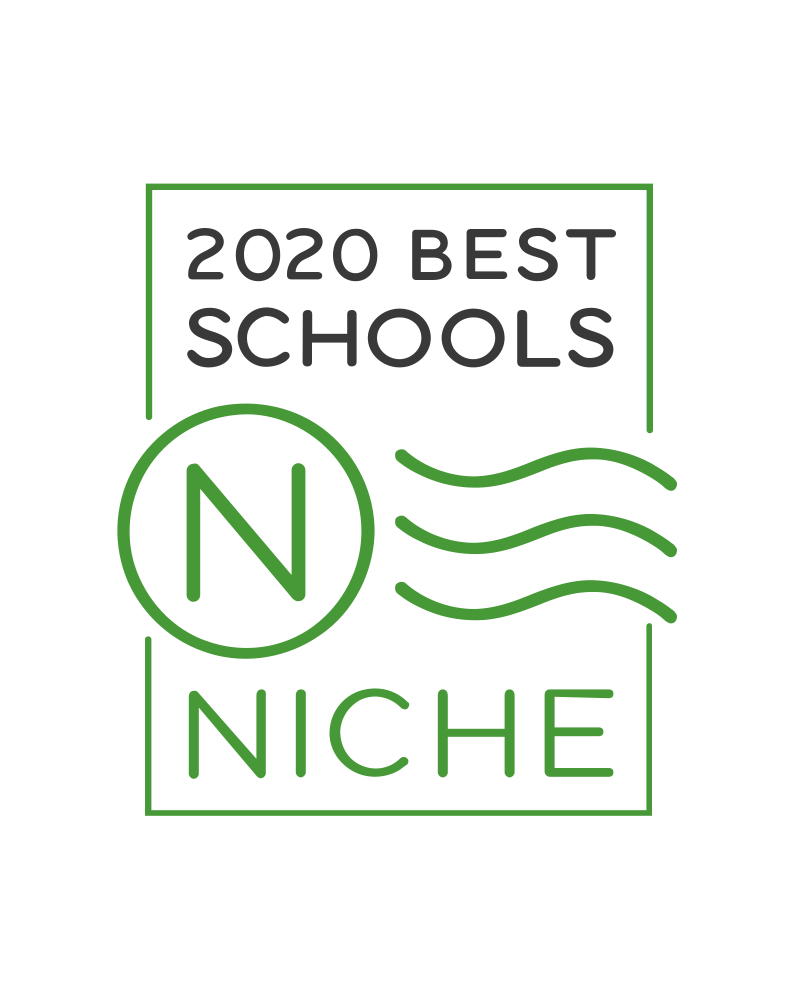Mathematics
Think Analytically. Solve Joyfully. Participate Confidently.
Understand Our World
Mathematics is a language for understanding our world. At Waring our goal is to empower our students to reason quantitatively, make an effective mathematical argument, solve challenging or unfamiliar problems, and represent a math idea in multiple ways. We do this with small classes, problem-solving, and collaborative learning. Students are expected to offer not only a reasonable “answer” but also explain or demonstrate the mathematical processes that got them there.
Keep math alive this summer - click the link below for math packets, games, and reading:
Our middle school program is designed to give students a strong base in algebraic thinking that is engaging and age-appropriate. Experiences through multiple modalities enable students to construct long-lasting understanding of math ideas. Our secondary school curriculum helps students become flexible and confident problem solvers.
Technology such as TI family graphing calculators, Desmos, spreadsheets, and Scratch allow students to explore and justify their thinking about math in increasingly complex ways. We expect that our students will be active participants in their learning and seek help as needed. We assess student learning through traditional quizzes and problem sets, but also in how students demonstrate their understanding through collaborative group work, oral presentations, class activities, individual conferences, projects, and reflection portfolios. Moving through our course sequence, students build their capacity as learners and doers of mathematics.
Please see this Math Curriculum Update for the coming 2024-2025 school year.

Rebecca Reed
Math Department Chair
Courses Offered:
Students in Groups 3 (grade 10) and above may earn Credit at the Honors Level in math.
-
Core MathCore Math is a two-year course offering students in our Core program (grades 6 and 7) a bridge to Algebra. Using experiential learning based activities or hands on manipulatives, as well as problem-based activities, students gain skills in foundational number theory and arithmetic, equations, two-dimensional geometry, tables and graphs and data analysis, and proportional and algebraic thinking.
-
Algebra(Foundations year 1) Algebra is the study of linear relationships as equations, tables, and graphs, including linear inequalities and systems, followed by properties of exponents and radicals, operations on polynomials, and an introduction to quadratic and exponential equations. Prerequisite: Core Math, Pre-Algebra, or its equivalent. (Groups 1-2, Grades 8-9)
-
Geometry(Foundations year 2) Geometry is the study of figures including classification and measurement of 2-dimensional and 3-dimensional objects, congruence and similarity, perimeter, area and volume, transformations and distance in the coordinate plane, and informal proof. The Pythagorean theorem and right triangle trigonometry are also covered. Prerequisite: Full year Algebra course or its equivalent. (Groups 2-3, Grades 9-10)
-
Algebra 2(Foundations year 3) Algebra 2 is a continuation of our work in Algebra extended to the language of functions, including linear, exponential, and quadratics, as well as variation and proportional relationships. Students are expected to use graphical, analytical, and numerical approaches to solving equations. Students solve systems of linear equations and inequalities, are introduced to trigonometry in the Unit Circle. Prerequisite: Geometry (Groups 3-4, Grades 10-11)
-
Precalculus
Precalculus is a full year functions theory course adding logarithmic, polynomial, rational, and reciprocal trigonometric functions to our Function families set. Students build functions out of existing functions and analyze functions using domain, range, boundedness, end behavior, inverses, transformations, and function composition. Units in analytical trigonometry include laws of sines and cosines, and proof with trigonometric identities. Prerequisite: Advanced Algebra, or its equivalent. (students in Groups 3-5, Grades 10-12)
-
Calculus APThis course is for students in Group 5 with recommendation of their current teacher and permission of the department chair with the expectation that students will sit for the AP exam in May. Prerequisite: successful completion of Calculus 1 or Statistics and Introduction to Calculus. Beginning with the Class of 2024, the prerequisite will be Precalculus or Statistics and Introduction to Calculus. (students in Group 5, Grade 12)
-
Senior Intensive in MathA senior (Group 5) who has completed Precalculus may pursue independent study in a mathematics topic that is not offered by Waring. Interested students should consult the Department Chair or Associate Head of School for deadline and application details in May of Junior year (students in Group 5, Grade 12).
Co-Curricular Opportunities in Math
Waring offers many co-curricular opportunities in math, including:
-
Math Teaching AssistantWell-qualified students in Group 4 or 5 may apply to be Math Teaching Assistants (TAs), if the schedule allows. TAs help teachers in planning and teaching classes for younger students.
-
Peer Tutoring ProgramStudents may request to work weekly with a trained Math Peer Tutor on homework help and study habits. Students in Groups 3 and up may apply and train to be Peer Tutors. Peer Tutor Leaders work closely with the program’s faculty mentor in training and supporting tutors. They may also offer small group math workshops to students.
-
Math CafeStudents who wish for homework help may drop into this weekly elective staffed by a Math Teacher and trained Peer Tutor(s).
-
Math Focus/Flex TalksWaring faculty and alumni present an interesting math problem or topic of their choice during these twice-per-semester Focus/Flex talks. (New in 2019-20).
Placement Process
There are many factors for a student’s success in middle and secondary school mathematics, including quantitative skills acquisition as well as cognitive development, but also an understanding of core concepts at increasing levels of abstraction. At Waring we engage in a thoughtful process of placement and course development that seeks to meet our students where they are at, while also providing rigor and preparation for future work in quantitative disciplines.
+ Math Department Placement Process

©2021 Waring School. All rights reserved.



